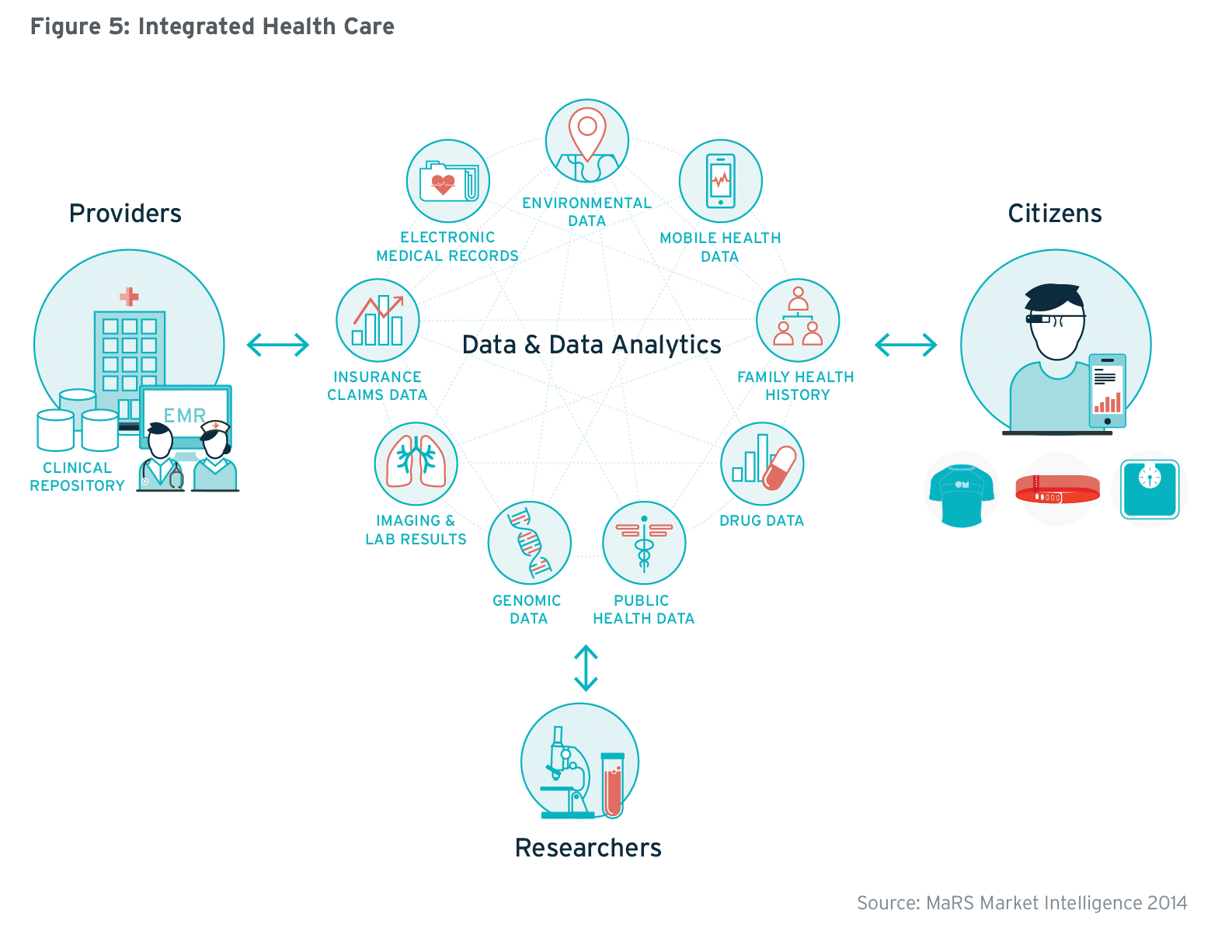Medical & Healthcare
Research Methodology
- Continued growth of Telehealth and Privacy concerns
- Rise Of The Nurse Navigator
- Difference between direct primary care and concierge medicine
- Stem Cell Technology
- Multiple Chronic Condition Research Network
- Wearables Support Bedside Care and Remote Patient Monitoring
- Telehealth Platform Enable Secure Connections from Anywhere
- Mobile Workstations offer more Seamless Care
- Quality Assurance in Nursing
- Decentralized Approach to Care Management
- New Insights into Complex Role of Mitochondria in Parkinson’s disease
Decentralized Approach to Care Management
Decentralization of health systems is a common pillar of health sector reform initiatives and is often viewed as a means to improve efficiency and quality of services as well as promoting accountability and local governance of the health system. Despite many years of health decentralization initiatives in many countries worldwide, our knowledge of the relationships between particular forms of decentralization and performance of health systems remains limited. Part of the difficulty in addressing such questions lies in the inherently contextual relationship between decentralization and health systems performance, as well as the difficulty in untwining decentralization from other health sector reforms.

Fig.1. Transforming Health: Decentralized and Connected (MaRS Discovery District.com)
In addition to providing a means to describe decentralization, the decision space methodology has been used to analyze relationships between decentralization and health sector performance. Although wealthier localities in Chile and Colombia were able to spend more per capita on health, the 1998 study found that the gap between rich and poor was declining over the period of decentralization, and there was increasing equity of per capita expenditures at the municipal level. Indeed, a possible explanation for these findings was that that national-level mechanisms such as earmarking and population-based formula funding may have encouraged local authorities to assign similar amounts from their own source revenues is a local choice that is encouraging.
It is precisely this broad range and scope of decentralization, however, that make analysis of this concept difficult. The single, seemingly simple character of decentralization, when probed more deeply, opens up into a broad array of concepts, objectives, and consequences. Far from being a unitary, clearly defined concept, decentralization breaks apart into a kaleidoscope of different, sometimes contradictory definitions, each hallowed in its own theoretical and, often, practical context.
